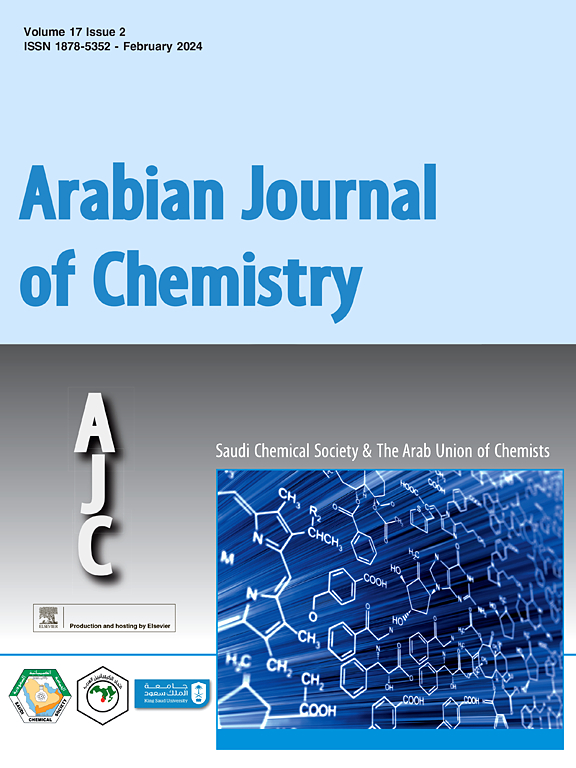A comprehensive review of in vitro precursor feeding strategies for the overproduction of high-value plant secondary metabolites
IF 5.2
2区 化学
Q2 CHEMISTRY, MULTIDISCIPLINARY
引用次数: 0
Abstract
Plant tissue culture techniques have revolutionized various aspects of modern agriculture, horticulture, and pharmaceutical industries. This method contributes to enhancing the production of plant secondary metabolites, which have noteworthy applications in pharmaceuticals, agriculture, and industry. Presently, over 50,000 plant metabolites have been identified and categorized into three primary groups: terpenoids, flavonoids, and alkaloids. Numerous studies have elucidated the metabolic pathways involved in the biosynthesis of plant compounds to better understand the metabolic flux, with the aim of identifying and engineering the production of valuable constituents. In vitro precursor feeding is one phytochemical strategy that helps increase the accumulation of plant compounds. Therefore, this review focuses on investigating the application of in vitro precursor feedings to the overproduction of a high-value phytochemicals. Moreover, it evaluates the influence of type and concentration of precursors, plant species and culture conditions as well as the phytochemical products providing insights into optimization strategies. Additionally, the potential application of accumulated terpenoids, flavonoids, and alkaloid-derived compounds for agricultural, pharmaceutical, and industrial purposes are discussed. Finally, perspective challenges and limitations related to in vitro precursor feeding strategy are addressed, including production stability, cytotoxicity effect, and uptake efficiency. The overall data presented might serve as an up-to-date report on the application of in vitro precursor feedings for enhancing plant secondary metabolite production.
全面回顾用于超量生产高价值植物次生代谢物的体外前体喂养策略
植物组织培养技术为现代农业、园艺和制药业的各个方面带来了革命性的变化。这种方法有助于提高植物次生代谢物的产量,而次生代谢物在制药、农业和工业领域都有显著的应用。目前,已鉴定出 50,000 多种植物代谢物,并将其分为三大类:萜类、黄酮类和生物碱类。大量研究已经阐明了植物化合物生物合成过程中的代谢途径,以便更好地了解代谢通量,从而识别和设计有价值成分的生产。体外喂养前体是一种植物化学策略,有助于增加植物化合物的积累。因此,本综述重点研究体外前体饲喂在高价值植物化学物质过度生产中的应用。此外,它还评估了前体的类型和浓度、植物种类和培养条件以及植物化学产品的影响,为优化策略提供了启示。此外,还讨论了积累的萜类化合物、黄酮类化合物和生物碱衍生化合物在农业、制药和工业方面的潜在应用。最后,还讨论了与体外前体喂养策略相关的挑战和限制,包括生产稳定性、细胞毒性效应和吸收效率。所提供的总体数据可作为应用体外前体喂养提高植物次生代谢物产量的最新报告。
本文章由计算机程序翻译,如有差异,请以英文原文为准。
求助全文
约1分钟内获得全文
求助全文
来源期刊

Arabian Journal of Chemistry
CHEMISTRY, MULTIDISCIPLINARY-
CiteScore
10.80
自引率
3.30%
发文量
763
审稿时长
63 days
期刊介绍:
The Arabian Journal of Chemistry is an English language, peer-reviewed scholarly publication in the area of chemistry. The Arabian Journal of Chemistry publishes original papers, reviews and short reports on, but not limited to: inorganic, physical, organic, analytical and biochemistry.
The Arabian Journal of Chemistry is issued by the Arab Union of Chemists and is published by King Saud University together with the Saudi Chemical Society in collaboration with Elsevier and is edited by an international group of eminent researchers.
 求助内容:
求助内容: 应助结果提醒方式:
应助结果提醒方式:


